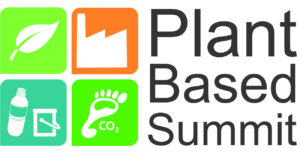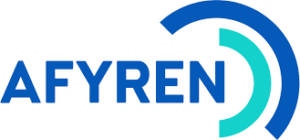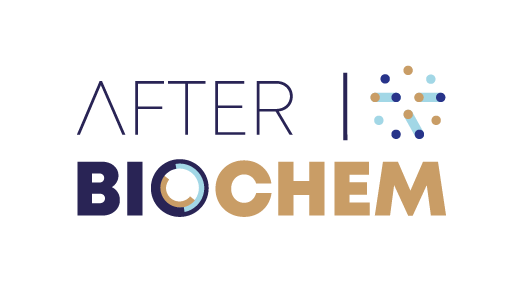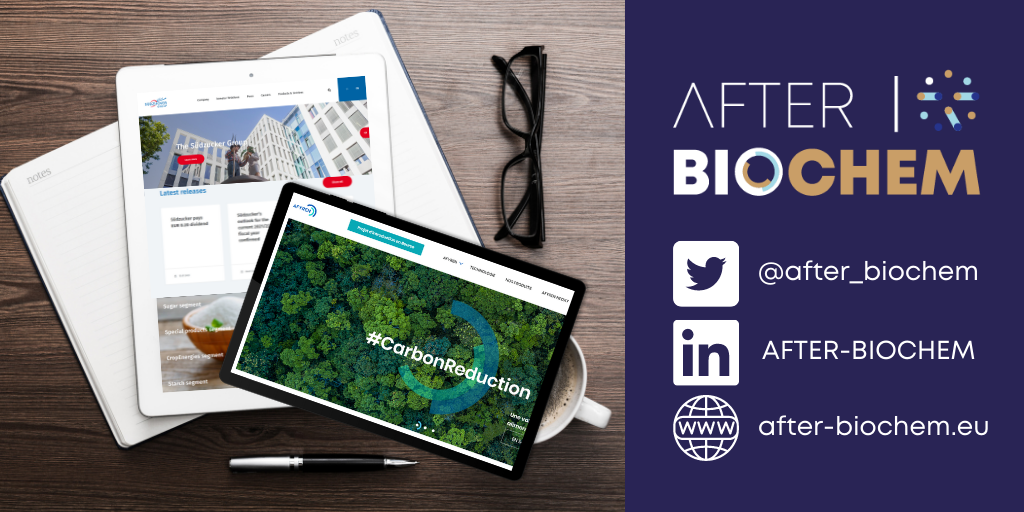AFTER-BIOCHEM: an EU project symbolizing partnership in the bioeconomy
 AFTER-BIOCHEM’s partners, the biotech start-up Afyren with a breakthrough innovation in green chemistry, and one of the world’s largest sugar manufacturers and suppliers, Südzucker, have signed a long-term agreement for the supply of biorefinery feedstock. They will present their collaboration during the Plant Based Summit 2021.
AFTER-BIOCHEM’s partners, the biotech start-up Afyren with a breakthrough innovation in green chemistry, and one of the world’s largest sugar manufacturers and suppliers, Südzucker, have signed a long-term agreement for the supply of biorefinery feedstock. They will present their collaboration during the Plant Based Summit 2021.

 From September 22 to 24, 2021, the 6th edition of the Plant Based Summit (PBS), one of the leading bioeconomy conferences in Europe, will be held in Reims, France. The French bioeconomy cluster IAR, Infopro Digital and the Association Chimie Du Végétal (ACDV) are co-organizing this event, which this year focuses mainly on the markets for bio-based products, their challenges and innovative solutions. On the one hand, this event offers a series of sessions with 23 presentations covering 5 themes: (i) Personal and Household Care, (ii) Economic and Regulatory Context, (iii) Biopolymers and Biomaterials, (iv) Sustainability, and (v) A Sustainable Production for Sustainable Raw Materials. In addition, individual meetings will be organized to promote exchanges among the 300 participants already registered, involved along the entire value chain of bio-based products. During the last day of the event, industrial sites will be visited for congress participants.
From September 22 to 24, 2021, the 6th edition of the Plant Based Summit (PBS), one of the leading bioeconomy conferences in Europe, will be held in Reims, France. The French bioeconomy cluster IAR, Infopro Digital and the Association Chimie Du Végétal (ACDV) are co-organizing this event, which this year focuses mainly on the markets for bio-based products, their challenges and innovative solutions. On the one hand, this event offers a series of sessions with 23 presentations covering 5 themes: (i) Personal and Household Care, (ii) Economic and Regulatory Context, (iii) Biopolymers and Biomaterials, (iv) Sustainability, and (v) A Sustainable Production for Sustainable Raw Materials. In addition, individual meetings will be organized to promote exchanges among the 300 participants already registered, involved along the entire value chain of bio-based products. During the last day of the event, industrial sites will be visited for congress participants.
On September 22nd, AFYREN‘s CCO, Joachim Merziger, and SÜDZUCKER AG’s head of strategic market analysis, Dr. Michael Schäfer, will present in the session entitled « Biorefineries for a circular bioeconomy » about their recent collaboration. Indeed, their presentation will address the challenges and benefits of the long-term partnership their companies signed a few months ago for the supply of sugar beet co-products as raw material for the AFYREN NEOXY flagship biorefinery. This first-of-its-kind industrial plant will be located on the « CHEMESIS » industrial platform in Carling-Saint-Avold (France), close to the German region where numerous Südzucker sugar plants are located. This partnership is of utmost importance for the sourcing of the biorefinery, a key component for the smooth running of operations and, for the implementation of a circular economy concept due to the transformation of side streams from the sugar industry into bio-based and high-value chemicals. This will not only increase the sustainability of the European sugar beet value chain but also of organic acids production, in the case of the former by valorizing its co-products and in the case of the latter by switching to a renewable, bio-based and domestic source. Finally, this agreement will contribute to the creation of new bio-based value chains involving partners from the sugar, biotechnology, chemical and different end-product industries such as cosmetics, fragrances and flavors, pharmaceuticals and food and feed, to name a few.
This collaboration is one of the several actions implemented in the framework of the European project AFTER-BIOCHEM (Anaerobic Fermentation & EsteRification of BIOmass for producing fine CHEMicals). This EU project has received €20 million in funding from the Bio Based Industries Joint Undertaking (BBI-JU) under agreement number 887432. AFYREN and the SPI fund, managed by Bpifrance, have created a joint venture called AFYREN NEOXY for the development of the biorefinery. The project has also received financial support from Total Development Regional, the Grand-Est Region and the Saint-Avold Synergy agglomeration community. The project started in May 2020 and will last 48 months with the participation of 12 European members from 5 different countries. AFYREN has invented a patented fermentation technology that is a simple and robust process that can valorize different biomasses other than sugar beet by-products, such as other by-products from agriculture and agribusiness, as well as various organic wastes. This process can produce seven 100% bio-based organic acids and a potassium-rich derivative for agricultural applications, for which AFYREN NEOXY has also entered into partnership with TERRIAL.
AFTER-BIOCHEM’s impacts will contribute to the following Sustainable Development Goals (SDGs) established by the United Nations (UN): SDG8 “Decent work and economic growth”, SDG9 “Industry, Innovation & Infrastructure”, SDG12 “Responsible Consumption & Production” and SDG13 “Climate Action”.

